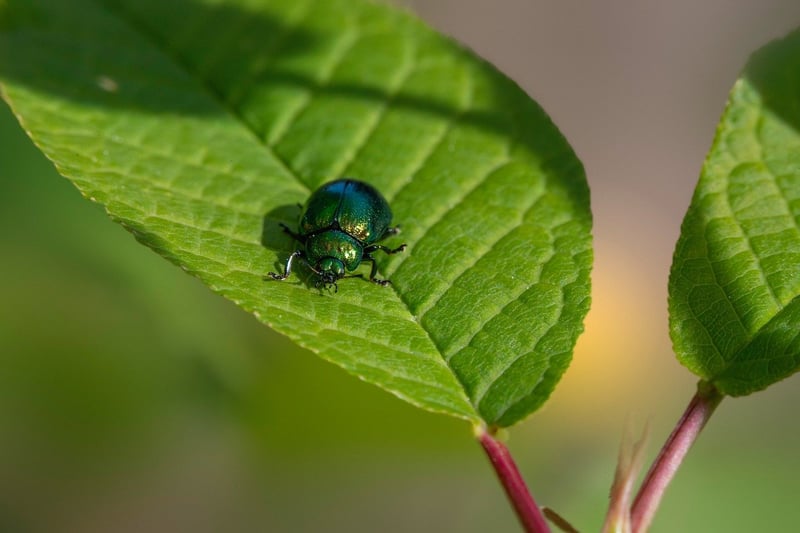Pest Management
Essential Tips for Ensuring Healthy Plants and Effective Pest Management
Having a thriving garden or indoor plant collection is a rewarding experience. However, maintaining healthy plants requires more than just watering and sunlight. Implementing proper pest management strategies is crucial to protect your plants from harmful insects and diseases. Here are some essential tips to ensure healthy plants and effective pest management:
1. Choose the Right Plants
Start by selecting plants that are well-suited to your local climate and growing conditions. Healthy plants are naturally more resistant to pests and diseases, so choosing the right plants from the beginning sets a strong foundation for your garden.
2. Provide Proper Care
Ensure your plants receive adequate water, sunlight, and nutrients. Proper care strengthens plants and helps them withstand pest attacks. Avoid overwatering or underwatering, as stressed plants are more vulnerable to pests.
3. Monitor Regularly
Inspect your plants regularly for any signs of pest infestation or disease. Early detection allows for prompt action before the problem worsens. Look for chewed leaves, discolored spots, webbing, or any unusual growth patterns.
4. Implement Integrated Pest Management (IPM)
Integrated Pest Management is a holistic approach that combines cultural, physical, biological, and chemical control methods to manage pests effectively. Use less toxic methods like handpicking pests, introducing beneficial insects, or using insecticidal soaps before resorting to chemical pesticides.
5. Rotate Crops
If you have a vegetable garden, practice crop rotation to prevent the buildup of pests and diseases in the soil. Planting different crops in the same area each season helps disrupt the life cycles of pests and reduces the risk of infestations.
6. Maintain Garden Hygiene
Keep your garden clean and tidy to eliminate hiding spots for pests. Remove fallen leaves, weeds, and debris regularly. Proper sanitation reduces the chances of pests finding shelter and breeding near your plants.
7. Use Organic Remedies
Consider using organic pest control remedies like neem oil, garlic spray, or diatomaceous earth. These natural solutions are effective against pests and safer for beneficial insects, pets, and the environment.
By following these tips and staying proactive in your plant care routine, you can enjoy a lush, pest-free garden or indoor plant collection. Remember that healthy plants are not just beautiful to look at but also contribute to a balanced ecosystem in your home or garden.

For more information on pest management and plant care, consult with your local agricultural extension office or a professional horticulturist.
Keep your plants healthy, and watch them thrive!
